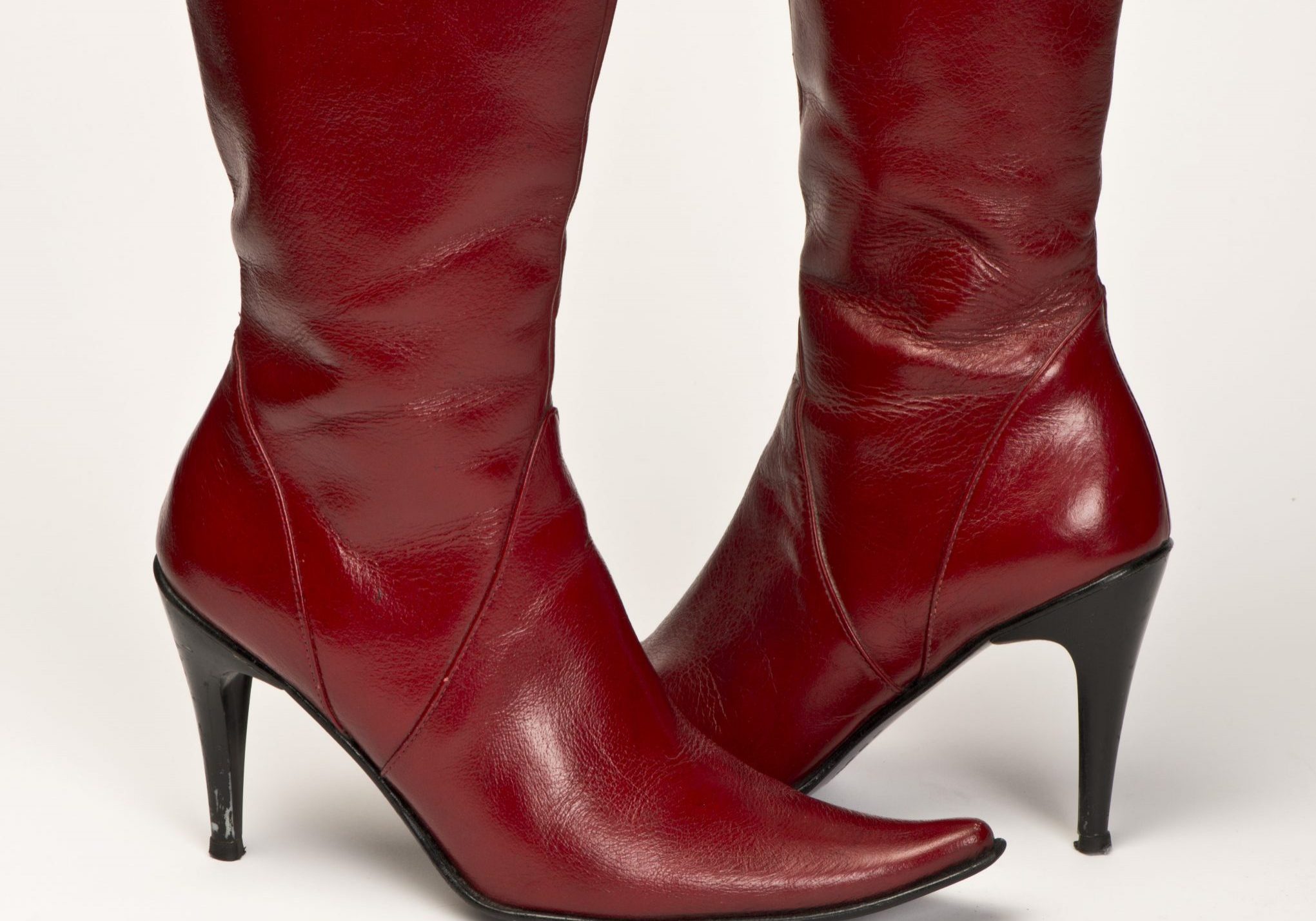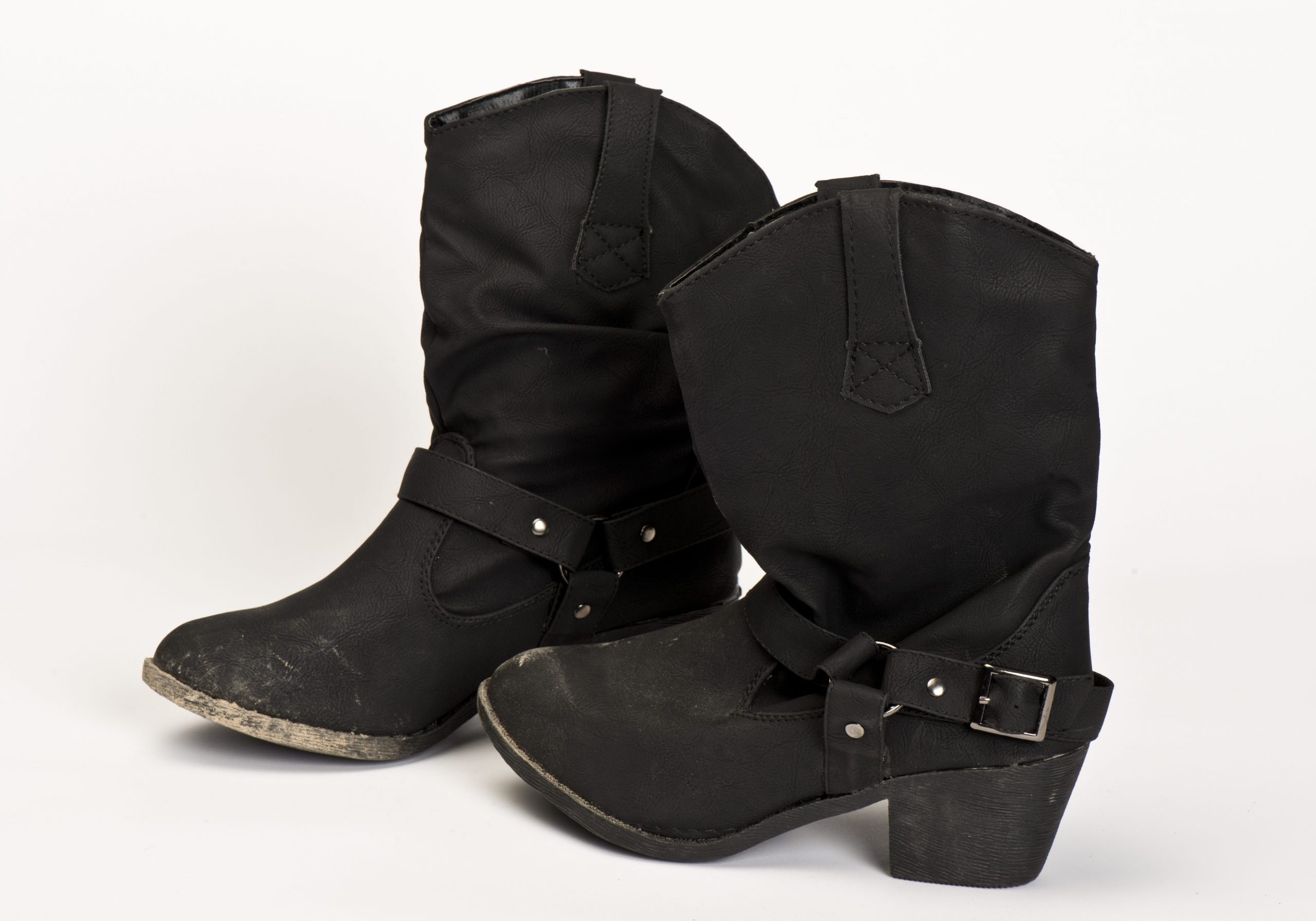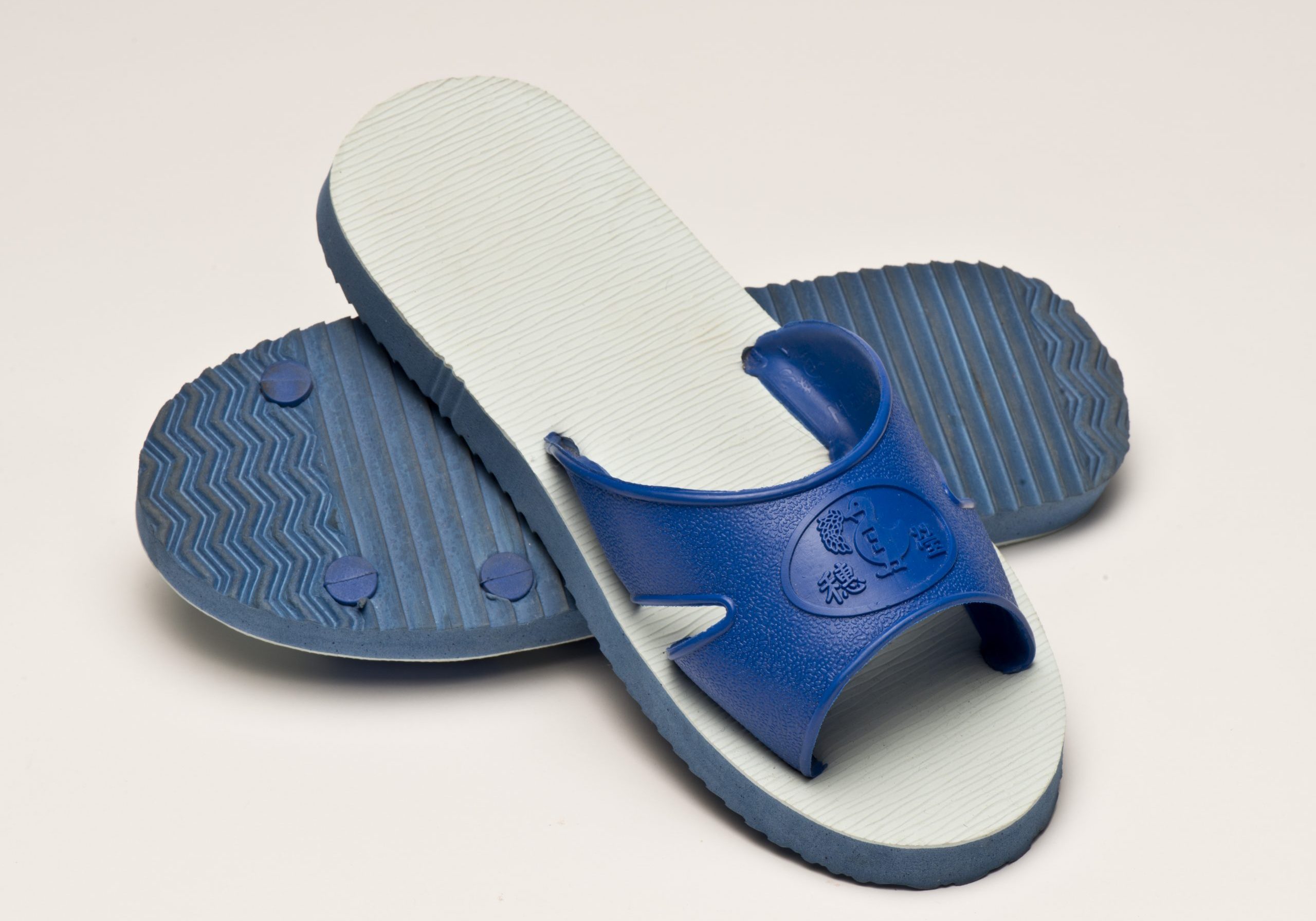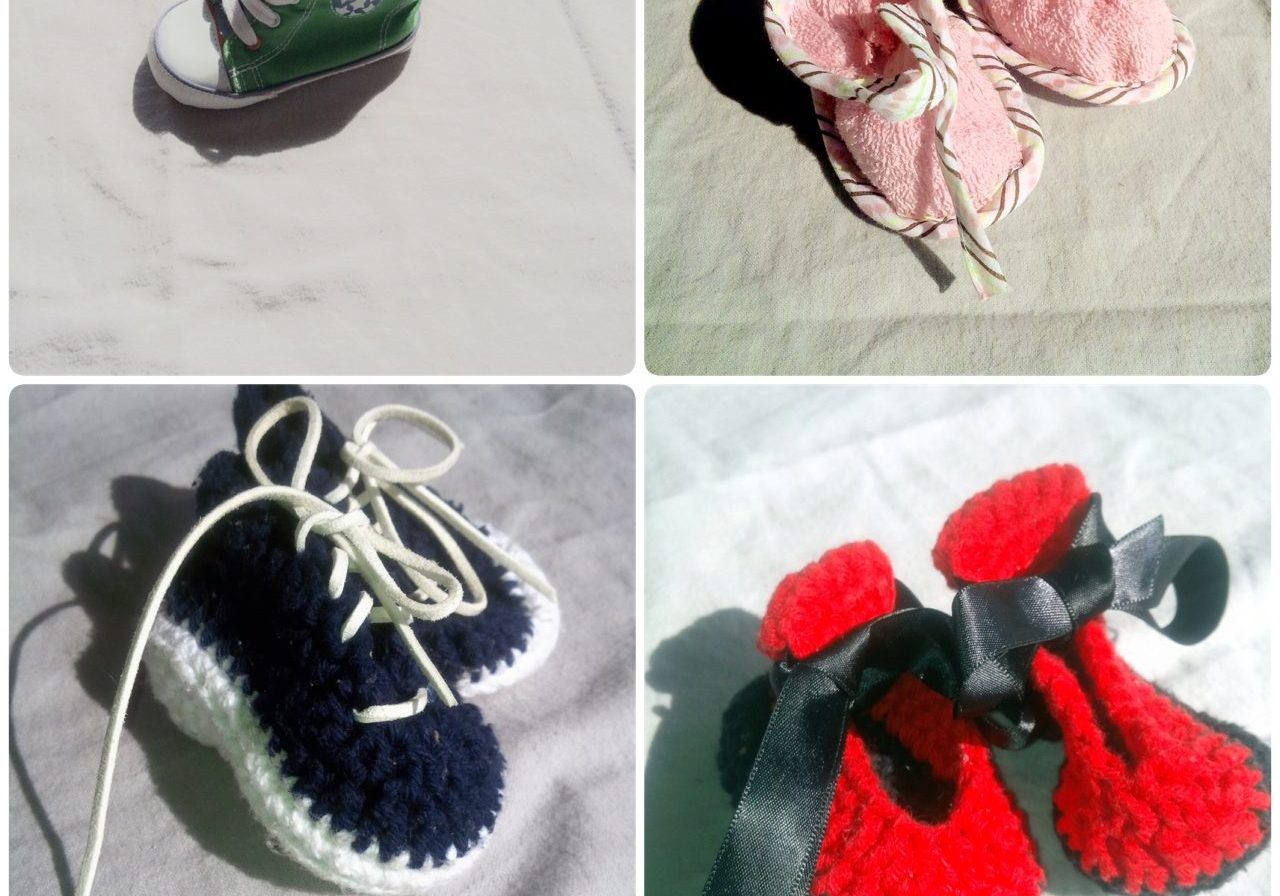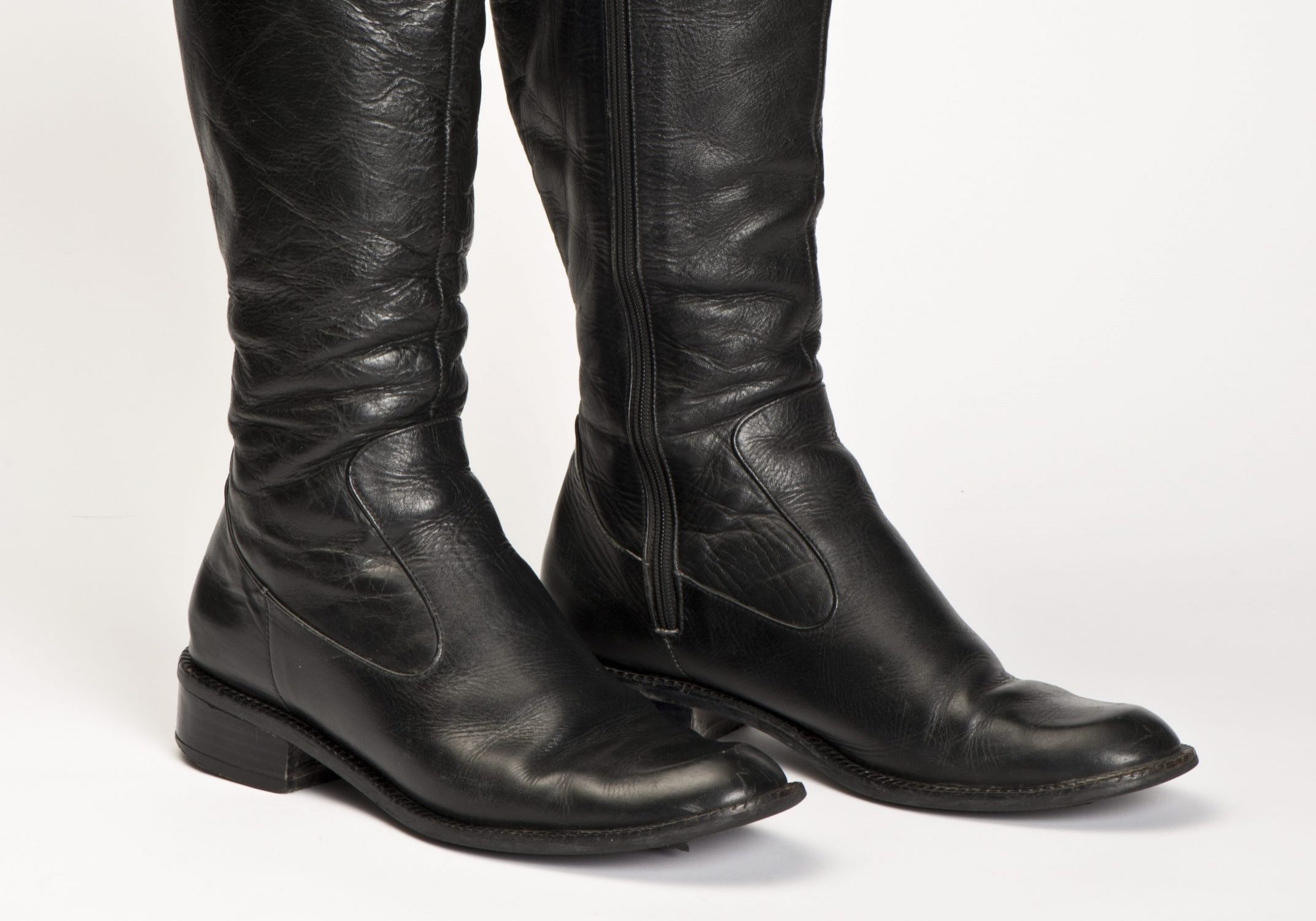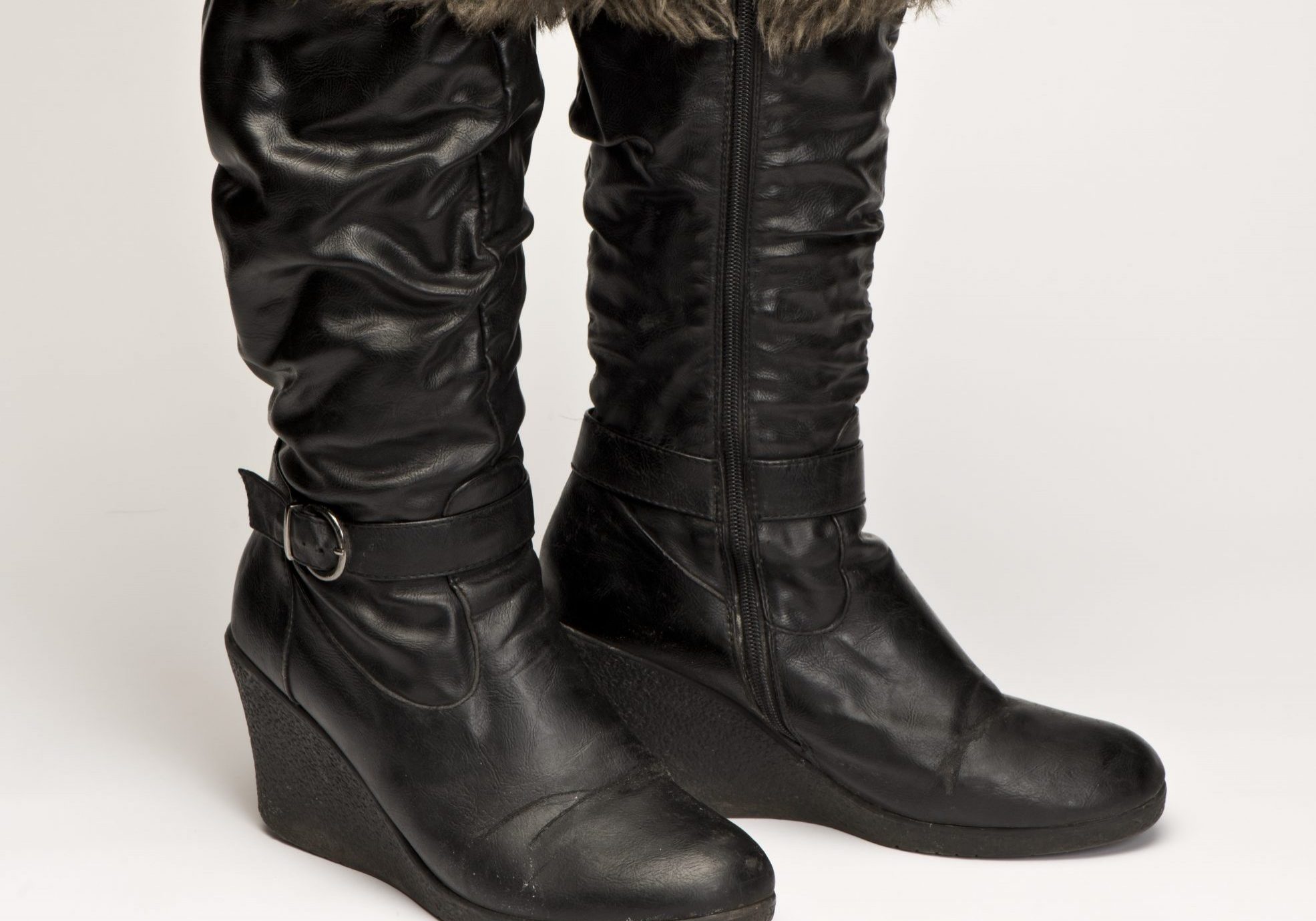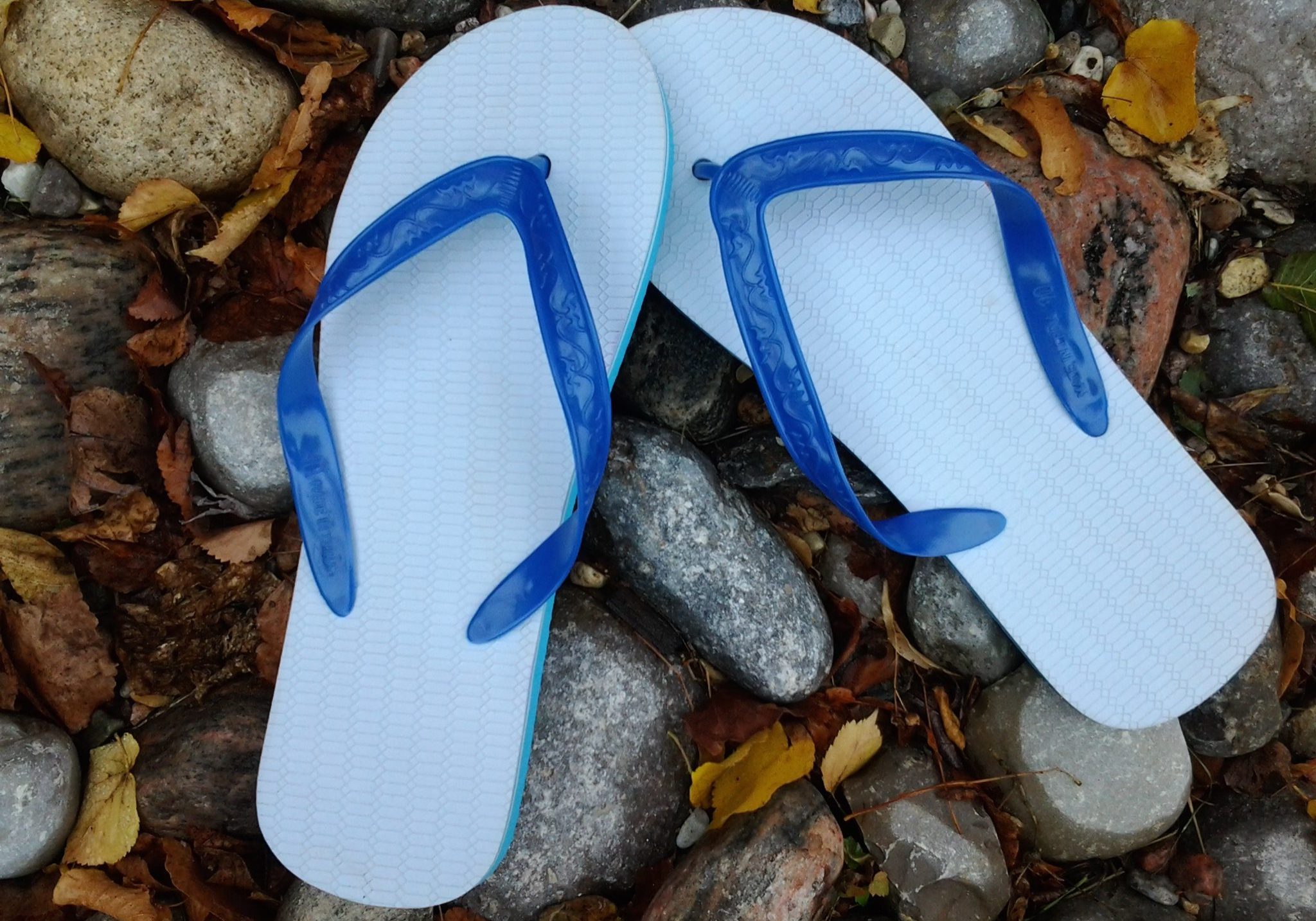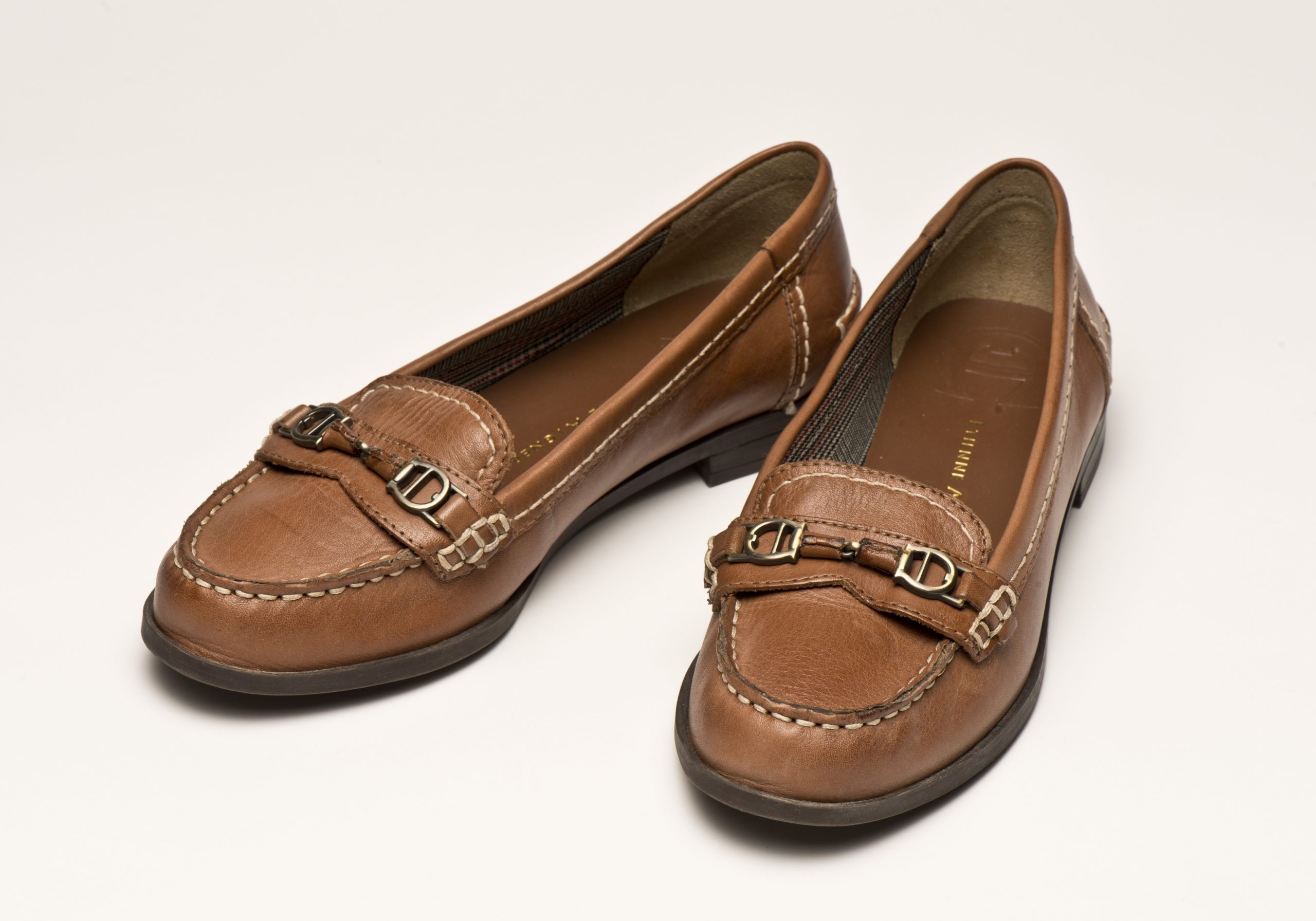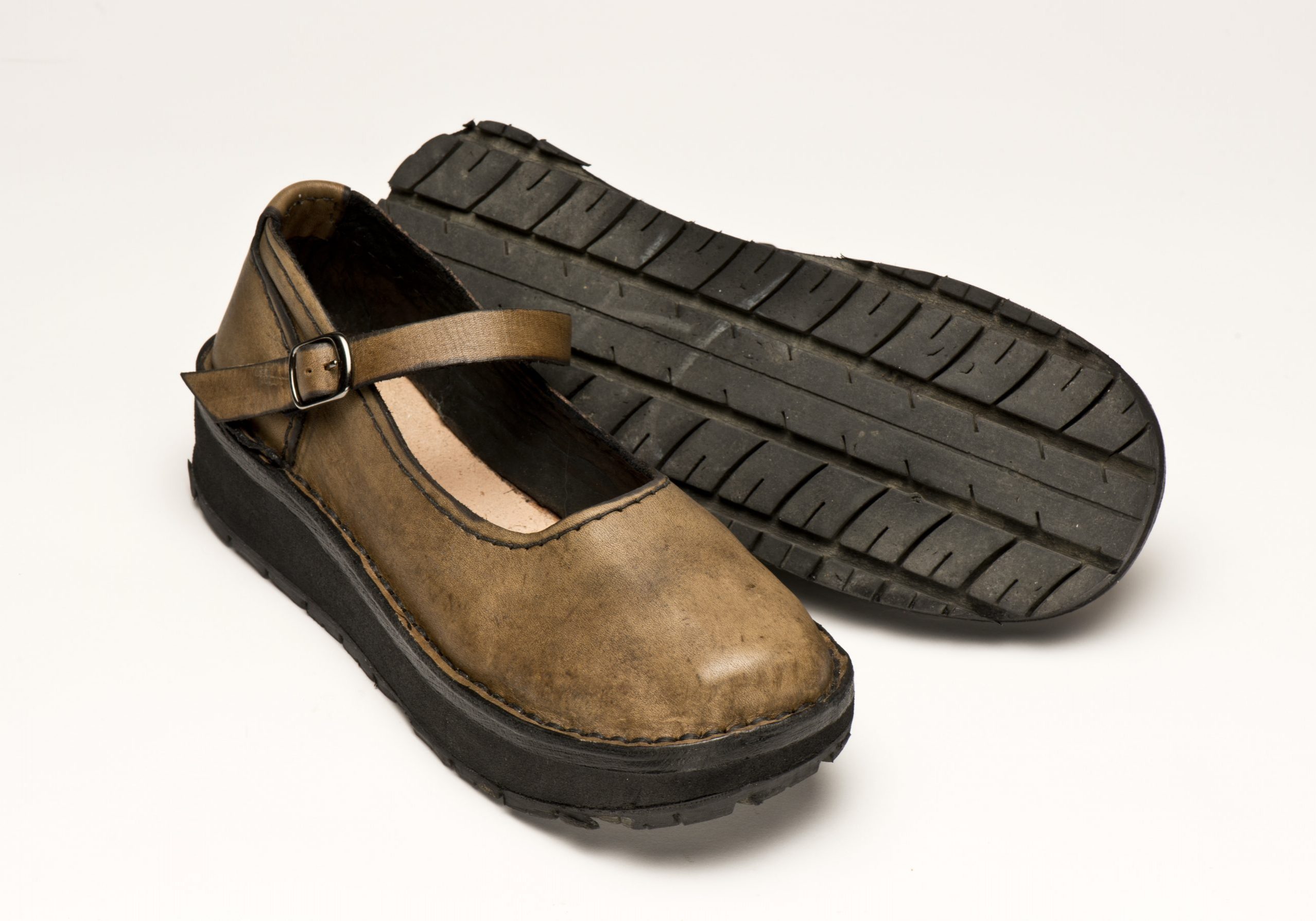Shoes for the Revolution
Rasha Elendari (+Video)
Summary:
Today I am telling a story told to me by my older sister Manya who is now inside Syria running an organization to help internally displaced people escape the violence in their cities. Here it begins:
Story:
The middle-class office workers in Damascus were a big part of the Syrian revolution: a fact Assad likes to keep hidden. When secretly planning their after-work demonstrations, these workers used a code! “Are you running today?” Manya asked when she called her friend Alice.
After work, Manya took off her work shoes, which are usually 3 or 4 inches high—she was just like most other Middle East women who loved their heels. Then she put on her running shoes. She met Alice, who was still in her heels, which made Manya worry: “How could Alice run in these heels?” But she did not have time to tell her, as they joined the march on a narrow street in the Old City. They were marching towards the famous square of Touma’s Gate, one of the seven remaining Roman gates surrounding the ancient city of Damascus.
Manya and Alice were among 150 youth peacefully protesting to demand an end to the bloodshed in other cities and chanting: “We want a civil state and dignity….We want justice and freedom!”
They had not marched for more than a few steps before they were surprised by some Shabiha—what we call “Assad’s thugs”—who were everywhere undercover, lurking around, waiting. The Shabiha started attacking the protestors, using sticks and throwing whatever their hands could reach, even chairs and tables. They were overpowering, chanting, “Long live Assad!” The protesters scattered in all directions. Some survived with no harm. Others were beaten and arrested.
Manya took off into a full-speed run. Images of dark cells and instruments of torture filled her head. She got lost, but she was thankful for the narrow, tangled alleys the old city provides to freedom runners.
Her senses heightened. She could smell the scent of jasmine everywhere. She could hear her heart throbbing and her running shoes clapping against the ancient basalt cobblestones.
Racing through those ancient streets and architecture, she thought about Damascus’s long history and the fascinating stories each brick could tell about the Assyrians, the Persians, the Greeks, the Romans, and the Umayyads.
“Are they still following me?” she wondered. “What if they catch me and arrest me? What would they do to me? To my family?” She had heard stories of women who got tortured and raped in Assad’s prisons.
“Will I make it to my wedding next week? Good thing I wore my running shoes today,” Manya thought. She had told Alice to wear hers too, but Alice said she didn’t have any. She hoped Alice was still behind her.
Then Manya stumbled across another protester at the end of the alley. He told her they should buy a box of peaches and pretend to be a couple on their way home from grocery shopping. In this way, they managed to outsmart the thugs and arrived at Bab Touma’s Square, where they separated without even introducing themselves.
As originally planned, she made it to her friend’s car, where they were all supposed to meet. Minutes later, while waiting for Alice, Manya saw the Shabiha escorting a group of protesters to hand them over to the security forces. Amid this chaos, she spotted Alice—barefoot, carrying her shoes, walking in pride and courage despite the insults and abuse. Manya could do nothing but watch in sadness and thought to herself, “I wish they’d caught me instead of Alice. At least, I don’t have kids. I should have given her my running shoes.”
It was July 20th, 2011.
Alice was detained and then released after two weeks of being tortured and beaten by Assad’s security forces. This didn’t stop her from protesting. She got arrested again and was jailed for a longer period. Alice lost her job, but when her life and the life of her kids were threatened, she managed to escape to Germany, where she is now a leading activist. Manya told me that Alice is still dreaming of her “Wonderland” in Syria.
The road to freedom is a long one… and we should all have our running shoes for the journey.
RASHA ELENDARI is a Syrian doing a Ph.D. in Near Eastern archaeology at the University of Toronto.
